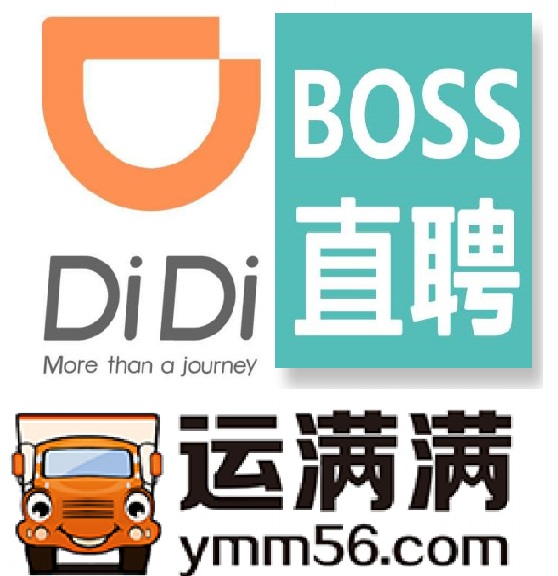
China’s Cyberspace Administration of China (CAC) on Monday announced it was investigating three more tech companies apart from the cab aggregator app ‘Didi’ which it ordered to be removed from app stores last week. Three other companies targeted by CAC are Boss Zhipin, an online recruitment company, and Chinese truck-hailing apps Yunmanman and Huochebang. The CAC’s announcement cited suspected violations of China’s national security and cyber security laws.
The CAC said the probes were being conducted under new cyberspace procedures enacted on June 1 that strengthened oversight of companies operating critical information technology infrastructure that could touch on national security.
The crackdown began on Friday when the CAC announced it was investigating Didi and ordered the company to stop registering new users and drivers for its app. On Sunday, the CAC ordered Didi be removed from Chinese app stores. The company said that it would “resolutely implement” authorities’ demands.
Just two days ago, Didi Chuxing, the company listed on the New York Stock Exchange, raised 4.4 billion USD in the biggest listing by a Chinese company in the US since Alibaba in 2014. Yunmanman and Huochebang merged in 2017 to form Full Truck Alliance raised $1.6bn in June. Boss Zhipin too had raised $912m last month according to reports. All of them are not allowed to register new users while they are under investigation.
Didi accounted for 88% of total trips in the fourth quarter of 2020. When Didi bought Uber’s Chinese operations in 2016, Uber took a stake in the company that currently stands at 12%. Didi’s U.S. IPO was shepherded by a who’s who of Wall Street banks. Its largest shareholder is Japan’s SoftBank Group Corp. with more than 20%, and others include Chinese social networking colossus Tencent Holdings Ltd.
Tight Control of Chinese Companies
China’s financial and competition watchdogs have already reigned in companies including Jack Ma’s Ant Group and Alibaba, and e-commerce group Meituan.
The Chinese state-run tabloid said that for companies like Didi whose largest and second-largest shareholders are foreign companies which also include US ride-hailing group Uber, China should more strictly supervise their information security to protect both personal data security and national security.
Justifying the crackdown, it said that the Chinese government felt it necessary to step in to protect personal information. US regulators have intensified scrutiny of Chinese companies listing in the country. Few months ago, Chinese brand Luckin Coffee was embroiled in a scandal fabricating hundreds of millions of dollars in sales that raised fears about auditing standards and transparency. Under a law passed in December, Chinese companies trading on American exchanges face the threat of de-listing unless they give US authorities access to audit accounts, which is banned by Beijing.
Moreover, experts say that China mandates sharing of information from wherever the companies operate across the world making it untenable in many countries. In Didi’s case it is believed that the app was punished as it had turned over user data to U.S. servers or authorities, a claim the company has denied.
